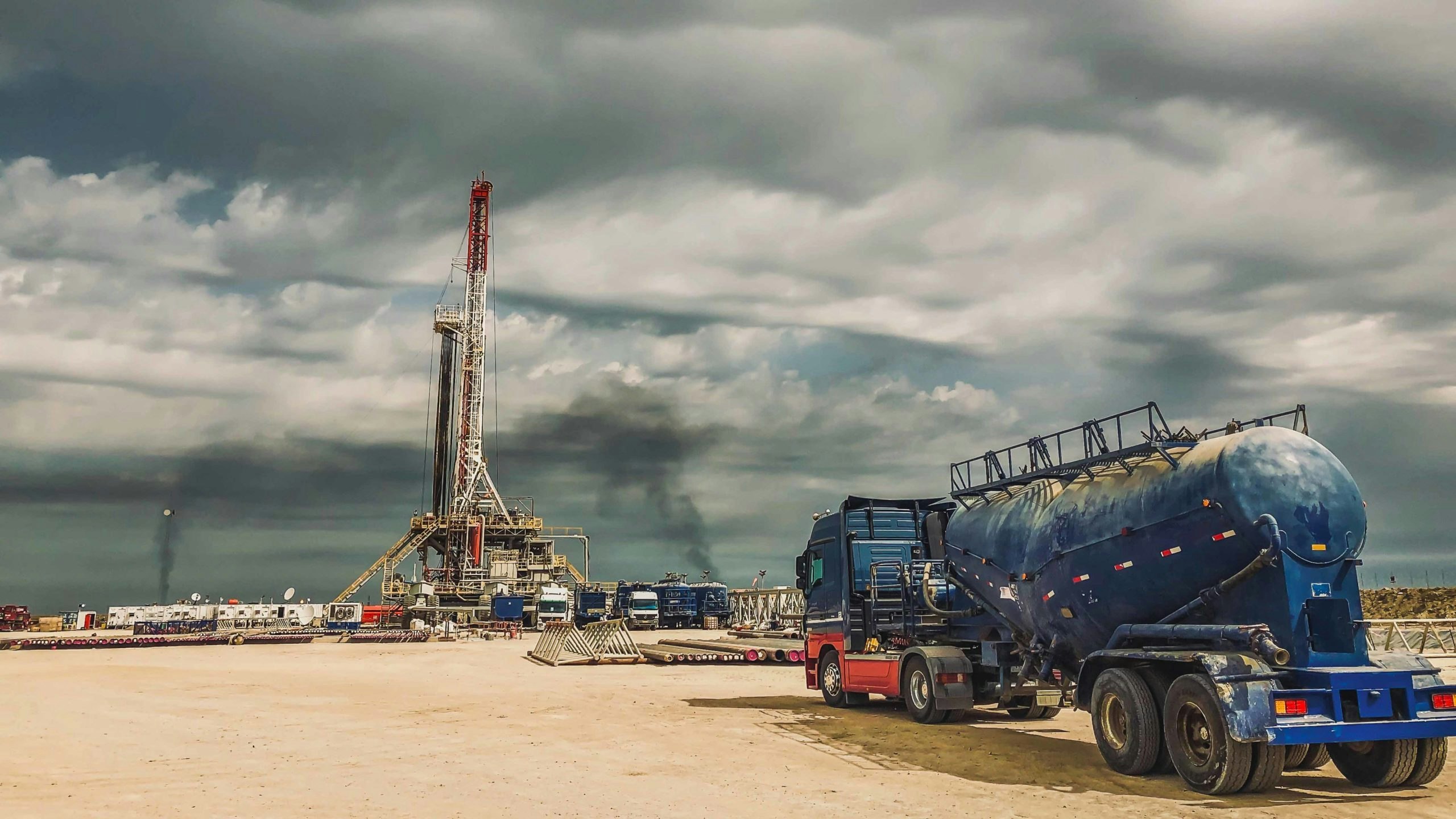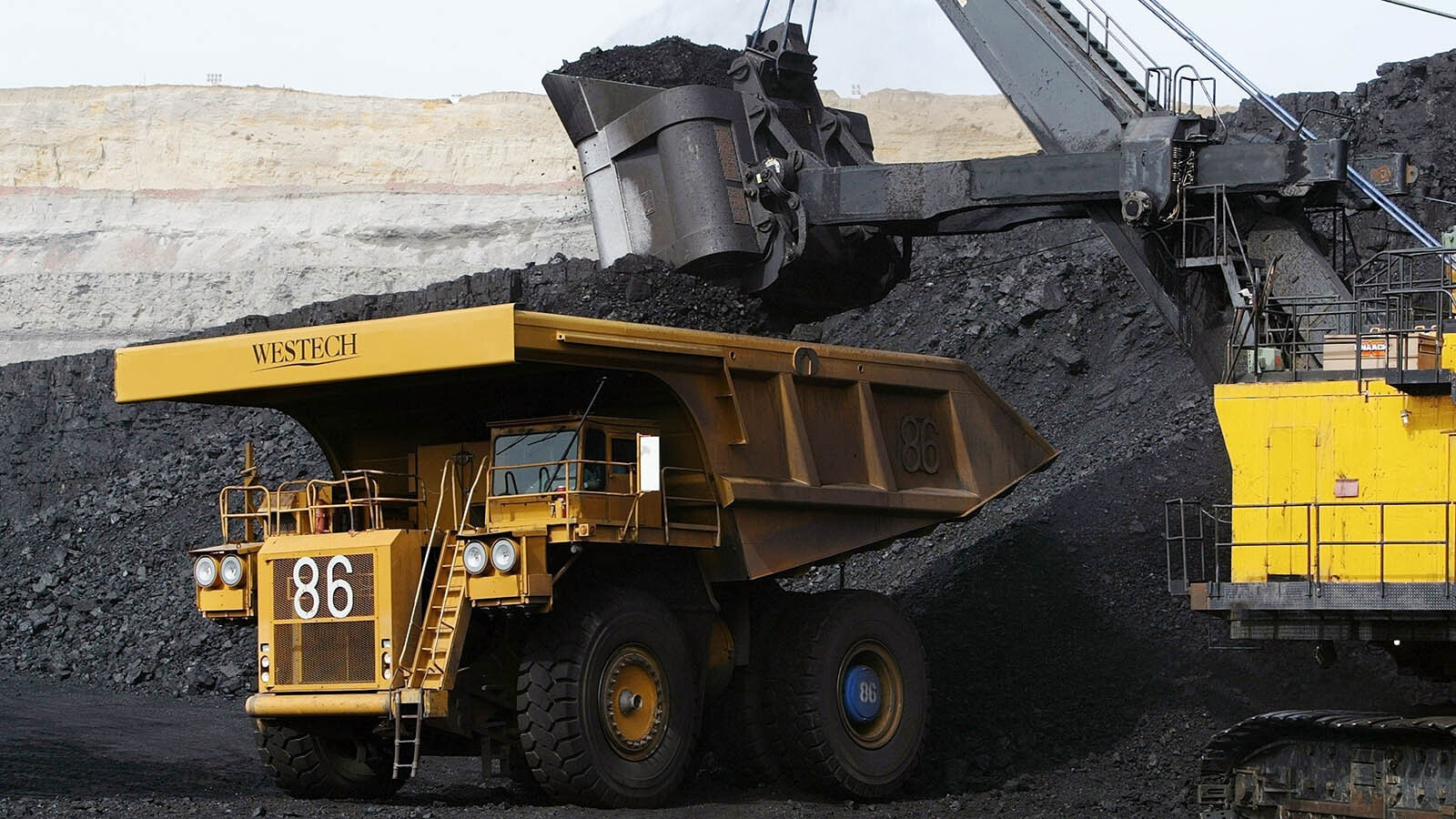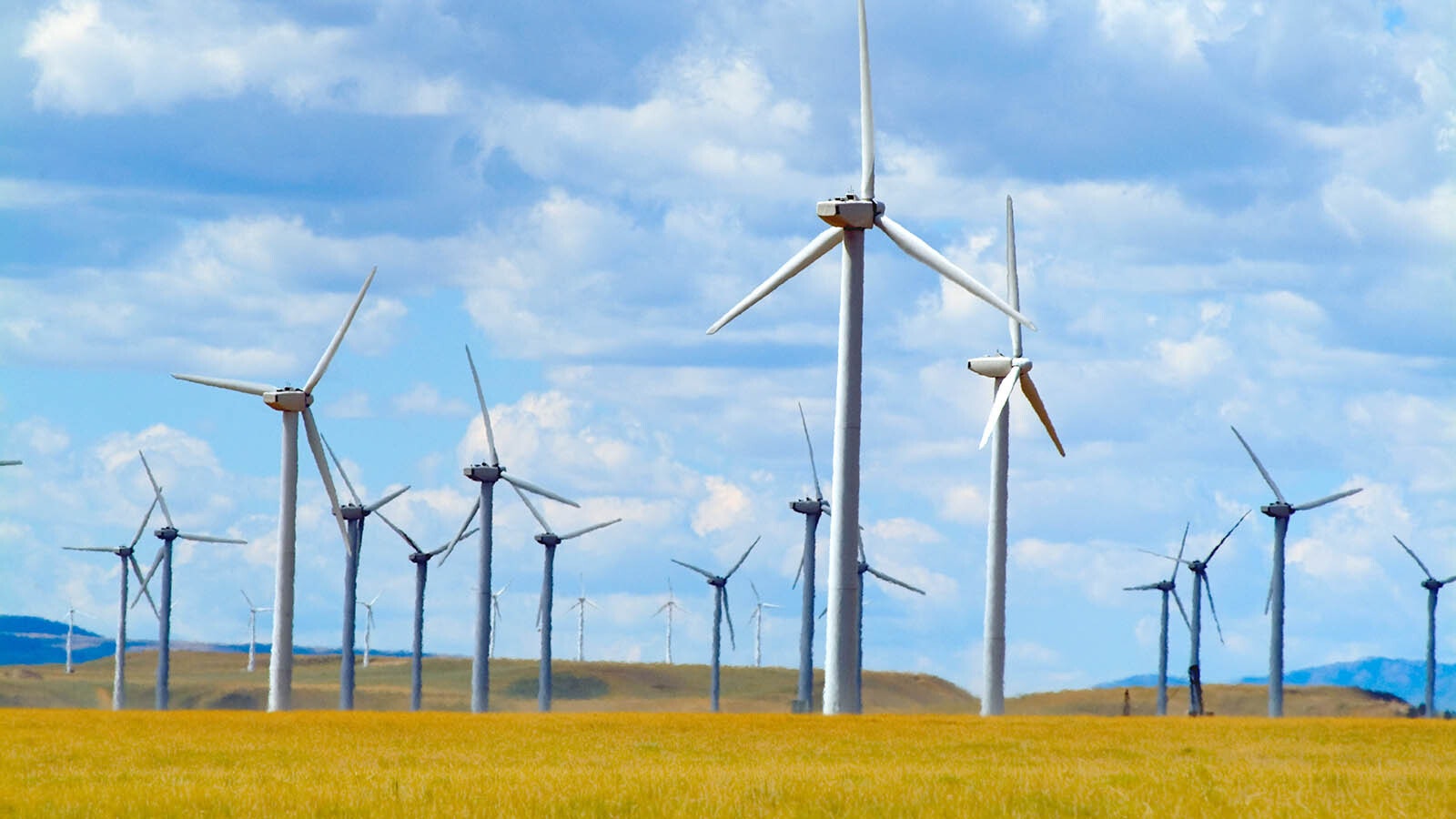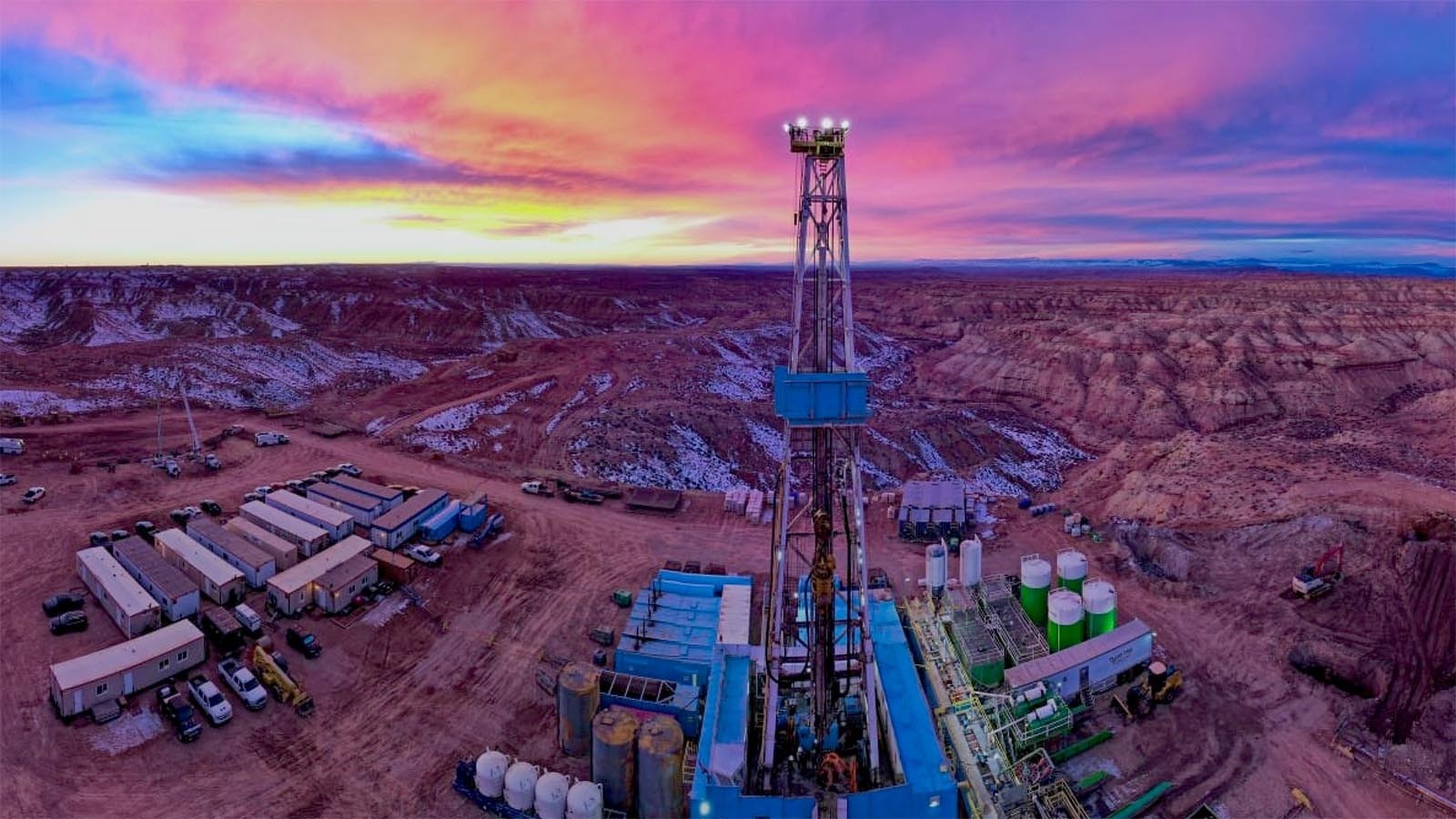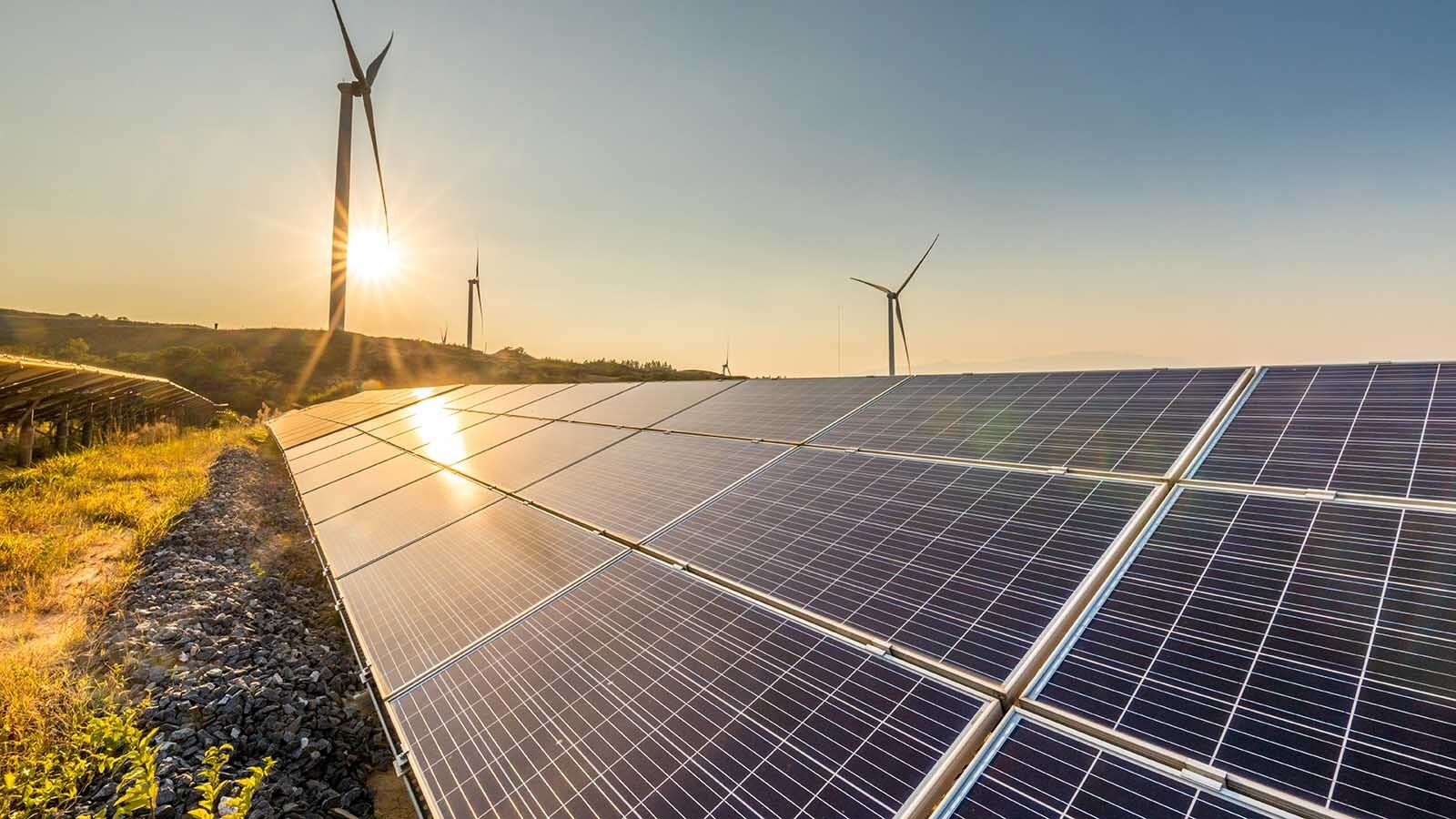The EPA is examining a 2020 decision by the Wyoming Oil and Gas Conservation Commission to allow a Texas-based company to inject wastewater into the Madison Aquifer, a deep-water aquifer near the town of Pavillion.
Aethon Energy and Burlington Resources Oil and Gas Co. are the current operators of the Moneta Divide oil field, an enormous development of more than 4,000 wells.
E&E News reports that over its projected 65-year life, the field has the potential to produce more than 18 trillion cubic feet of natural gas and 254 million barrels of oil.
“One of the biggest challenges in the field is what they do with all that produced water,” Jill Morrison, former executive director for the Powder River Basin Resource Council, told Cowboy State Daily.
The development’s proximity to the town of Pavillion is raising concern. The town became the focus of a national debate on fracking when the low quality of the town’s drinking water was blamed on the extraction practice.
The Wyoming Department of Environmental Quality released its final report in 2019 concluding that the water quality problems in Pavillion were not related to oil and gas development as the town’s shallow wells are well above the depth of the Madison aquifer.
Decades Of Requests
Aethon’s application estimates the amount of wastewater to be injected into the aquifer is 70 million to 150 million gallons per year.
Morrison was with the Sheridan-based energy industry watchdog group for 30 years before she retired and was involved with the issue of injecting wastewater into the Madison a decade ago when Encana Oil & Gas Inc. operated on the Moneta Divide oil field.
Morrison said that at one point, Encana had tried to operate a reverse osmosis facility to treat wastewater and discharge it on the surface. The process greatly added to the cost of oil and gas production in the field, and the surface discharge was becoming a pollution hazard.
The WOGCC had rejected the exemption needed to allow the company to inject into the Madison aquifer.
In 2020, the Bureau of Land Management approved expanded production at the field, increasing the need to find a wastewater disposal option.
As Aethon, which had taken over the field by that point, ramped up production at Moneta, it needed someplace to dispose of the wastewater byproduct that comes from hydraulic fracturing operations.
In November 2020, the WOGCC voted 4-1 to approve the request.
Drinking Water
To qualify for an exemption, the company has to demonstrate that the aquifer can’t be used as a drinking water source. In its application, the company claims that because of the depth of the aquifer and distances to population centers, as well as concentrations of benzene in the water, it’s “economically or technologically impractical” for use as a fresh water drinking source.
“We believe they failed that test,” Morrison said.
The PRBRC has hired geologists to examine the aquifer’s potential as a drinking water source, and its studies concluded it’s a possibility in the future.
Aethon Energy did not respond to requests from Cowboy State Daily for comment.
Morrison points out that cities like Gillette have paid hundreds of millions of dollars to tap deep-water aquifers for drinking water supplies.
EPA Concurrence
After the commission approved the exemption in 2020, it began working on the documentation required to submit to the EPA for concurrence, which is required to do before the aquifer exemption is granted.
Tom Kropatsch, supervisor with the WOGCC, said that it’s taken all this time to prepare the documentation. Besides the volume of work, the commission had staff changes, and the pandemic created delays as well.
The WOGCC’s decision rests upon EPA approval.
Rich Mylott with the public affairs branch of the federal EPA Region 8 said in an email that, if the EPA denies the request, “Then no injection can occur into the Madison aquifer as it will continue to be a protected underground source of drinking water under the Safe Drinking Water Act.”
Mylott said the reviews typically take “some months.”

